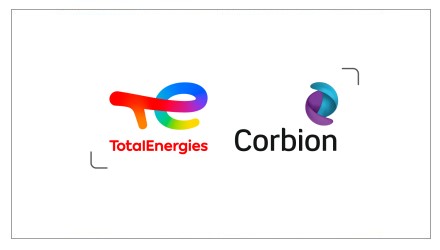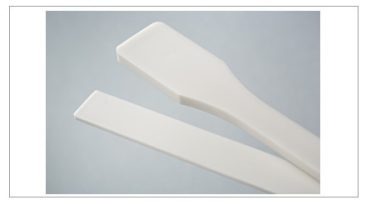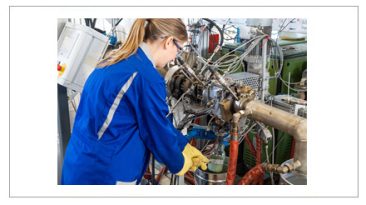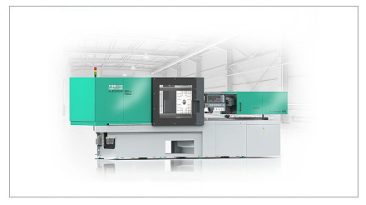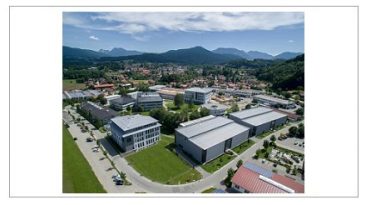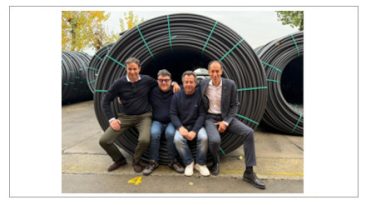Building a sustainable economy and reaching the climate neutrality targets requires innovative materials and improvements in waste management. PLA, a biobased, compostable, recyclable, and versatile material, has its role in the circular economy. While advanced recycling allows PLA to be repurposed and reused in a cradle-to-cradle fashion, its compostability offers a sustainable and efficient end-of-life option.
Plastic recycling is far from reaching the targets. Of all plastic ever produced since 1950, only 9% has ever been recycled (Geyer et al. 2017). The efficacy of conventional recycling of plastic faces numerous challenges. Many traditional plastics are uneconomical to recycle and can only be downcycled once. In fact, food, and drink contamination, makes conventional recycling not viable– and waste destined for landfilling or incineration. Using compostable items for these applications would help divert food waste from non-recycling processes.
Separate biowaste collection is currently far from its potential. In the EU27+, current capture of food waste is just 16% of the theoretical potential, and that food waste is the most valuable source for creating compost. The absence of collection and treatment for biowaste means that they will end in landfills or incineration, releasing greenhouse gases (BIC and ZWE 2020).
Scientific studies conducted in different European countries proved that certified compostable bioplastics according to EN13432 are compatible with existing industrial composting facilities. In a Dutch industrial composting plant, compostable bioplastics disintegrated faster than orange peels or paper, and PLA teabags degraded in 22 days. The results of these studies are summarized in TotalEnergies Corbion’s case study, “A comprehensive look at compostable plastics”.
“Biodegradable bioplastics help in reducing the load of microplastics in compost made from municipal organic wastes”, states Roberto Rosal, Professor of Chemical Engineering Department of Chemical Engineering, University of Alcala, Spain
“Italy has demonstrated the benefits of compostable plastics: the separate collection of food waste doubled in the last 10 years, and ~76% of compostable plastics are collected with biowaste”, says Carmine Pagnozzi, Technical Director at BIOREPAK, ITALY.
Plastic packaging will always be required for hygiene, convenience, and functionality. Using biobased, compostable bioplastics like PLA fulfils all these criteria and answers climate challenges with a reduced carbon footprint and a sustainable end-of-life option.
To know more about the advantages of compostable plastics, visit TotalEnergies Corbion website: www.totalenergies-corbion.com/about-pla/compostable.


